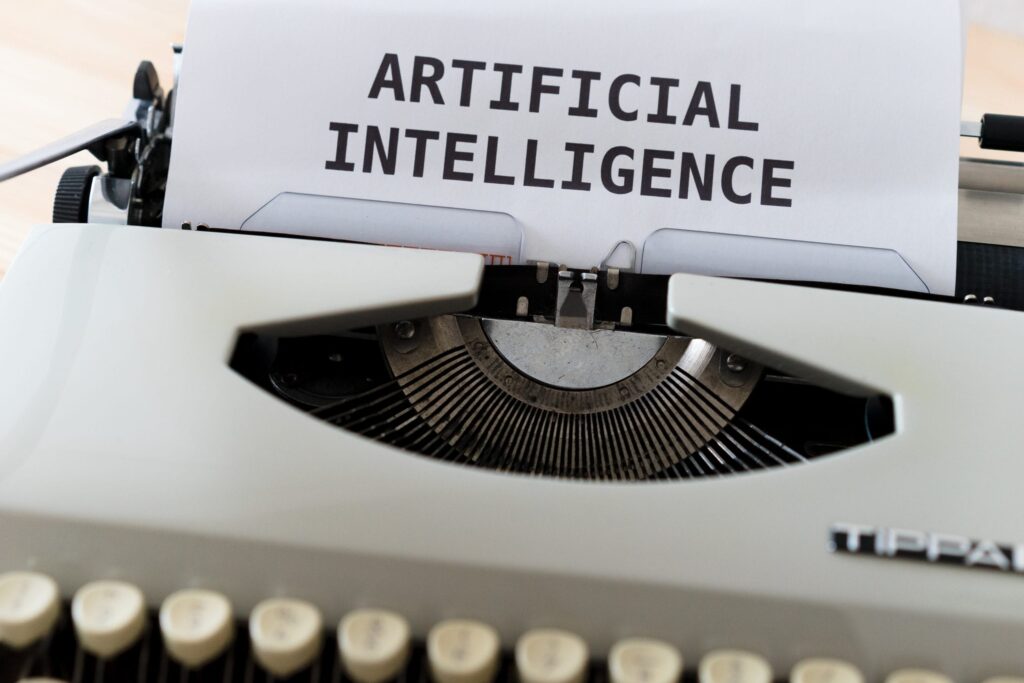Harnessing the Power of AI in Healthcare: A Path Forward
By Tim Boltz, Healthcare Solutions Executive at Carahsoft
Artificial intelligence (AI) is revolutionizing various industries, and healthcare is no exception. As the most significant technological advancement since the internet’s inception, AI is being explored by medical institutions seeking to enhance patient care, alleviate workforce shortages, and accelerate research breakthroughs. Many healthcare organizations are currently conducting pilot programs to evaluate AI’s potential applications.
However, the implementation of AI in the healthcare sector comes with responsibilities. For AI to achieve its full potential, long-standing security challenges and equity concerns must be addressed.
Strengthening Healthcare Networks
AI initiatives within healthcare are generating considerable attention and investment. Yet, as healthcare organizations gather and process extensive amounts of data—including personally identifiable information (PII), protected health information (PHI), and proprietary data—they become prime targets for cybercriminals. The presence of outdated legacy systems combined with numerous internet-connected devices, known as the Internet of Medical Things (IoMT), has created a vulnerable landscape.
Cyber attackers often exploit these weaknesses, deploying ransomware with a clear understanding that the urgency of healthcare operations makes the industry an appealing target. Many healthcare institutions struggle to update aging technology and bolster cybersecurity, particularly in the wake of the COVID-19 pandemic, which has led to ongoing workforce shortages, even within IT departments.
To safeguard networks effectively and facilitate the responsible implementation of new technologies, the federal government must intervene. This includes securing funding for healthcare organizations to enhance cyber defenses and establishing improved security standards and response strategies. The Department of Health and Human Services has made progress with its risk management framework, but the industry would greatly benefit from specific security protocols modeled after the Cybersecurity Maturity Model Certification program used in defense.
By adopting robust security practices, healthcare providers can shift their focus from constantly defending against cyber threats to delivering outstanding patient care and advancing groundbreaking research.
Promoting Equitable Access and Outcomes
While AI’s adoption in healthcare remains in its early stages, equity must be prioritized in the development of policies and projects. There is a valid concern that unvetted data sets used in AI systems could increase existing health disparities. However, if utilized appropriately, AI has the potential to mitigate inequities. Advanced AI tools can refine disease detection from imaging, tailor treatment plans, and optimize scheduling to reduce wait times, making healthcare more accessible to all patients.
Moreover, AI can alleviate the burdens faced by healthcare staff. By automating administrative processes, healthcare professionals can concentrate on providing quality patient care rather than drowning in paperwork. Additionally, AI can enhance recruitment efforts by identifying and correcting biased language in job listings and offering improved training resources. In administrative roles, AI can assist in crafting grant proposals, detecting fraud, and expediting reimbursements.
Unlocking AI’s Full Potential
Realizing AI’s expansive potential requires collaboration from regulatory bodies, innovations from the private sector, and engagement from the public. Data is the lifeblood of AI; without it, no effective solutions can emerge. Key regulations, such as HIPAA, must also evolve to accommodate the potential uses of AI in healthcare.
In December 2023, President Joe Biden issued an executive order directing the Department of Health and Human Services to spearhead the regulatory framework necessary for the safe and trustworthy usage of AI in healthcare. Health-focused agencies have a unique opportunity to foster adoption by incentivizing AI integration through Medicare and Medicaid reimbursements.
The possibilities of AI in healthcare are still unfolding. By joining forces to enhance security measures and ensure equitable access, the federal government and healthcare organizations can drive progress toward revolutionary treatments and improved health outcomes for all patients.




